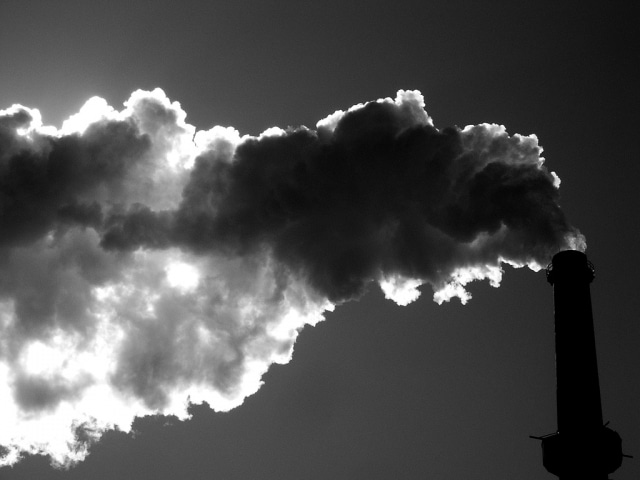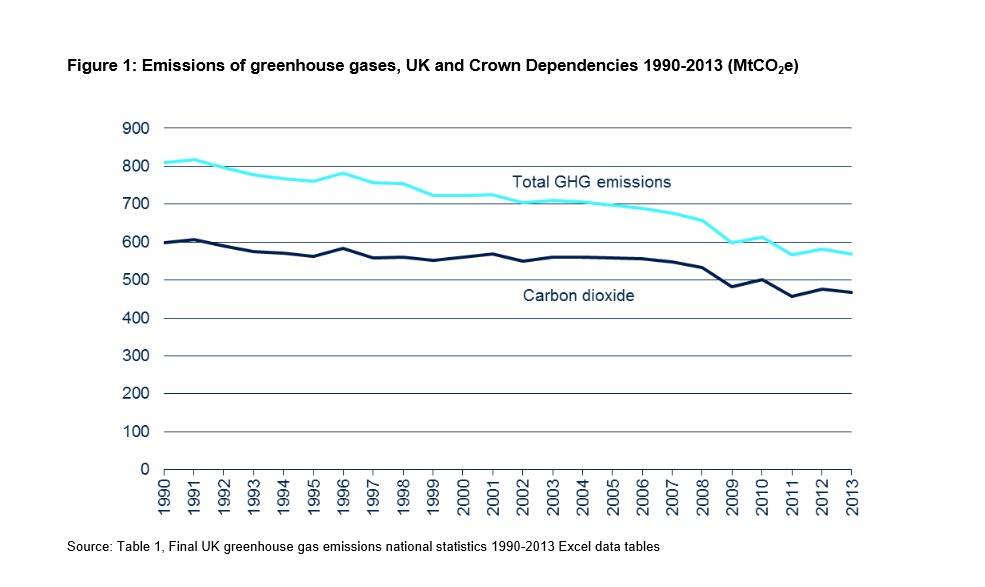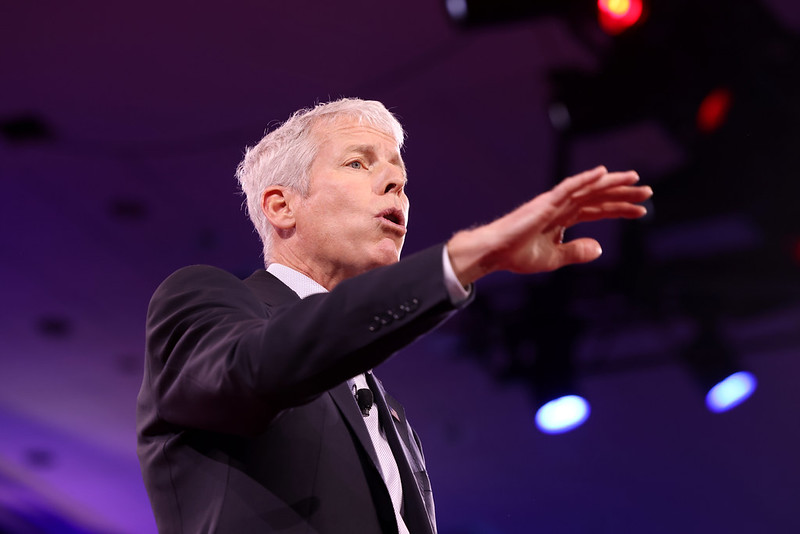David Cameron’s government may have failed to meet the crucial carbon budget set by the Climate Change Act – despite a 2.4 percent drop in CO2 pollution.
Figures released today by the Department of Energy and Climate Change (DECC) show that greenhouse gas emissions in the UK fell by 2.4 percent in 2013.
But this is not enough to make up for the 3.5 per cent emissions increase the previous year. The 2013 figure remains two percent higher than the annual average emissions budget required for 2013-2017.
Professor Paul Pearson, from Cardiff University’s School of Earth and Ocean Sciences, said: “This election year, politicians of all parties need to explain how they will achieve the challenging new emissions reductions in a recovering economy.”
DECC is unable to officially confirm how these figures compare to the UK’s 2013 emission reduction targets under the Climate Change Act as details such as the impact of the EU’s emissions trading system have yet to be calculated.
Pearson added: “The UK has adopted tough and binding legislation on greenhouse gases. To achieve the long-term 80 percent reduction by 2050, a steep downward trajectory is needed.
“Today’s statistics for 2013 show a welcome emissions reduction, although it is not enough to cancel out the previous increase in 2012.”
Renewables Growth
Emissions fell between 2012 and 2013 in large part due to emissions cuts from coal and gas-fired power plants – which dropped by 6.8 percent – and landfill waste which fell 14.1 percent.
DECC statistics show that CO2 is the main greenhouse gas contributor accounting for 82 percent of total UK emissions.
DECC statistics report graph
The energy sector was responsible for a third of all UK greenhouse gas emissions in 2013 with the main source of emissions for this sector being the use of coal and natural gas in electricity generation from power stations.
Between 1990 and 2013, however, the energy sector saw a 32 percent reduction in emissions largely due to the growth in renewables as well as better energy efficiency as a result of improved technology.
Photo: Codo via Flickr
Subscribe to our newsletter
Stay up to date with DeSmog news and alerts







